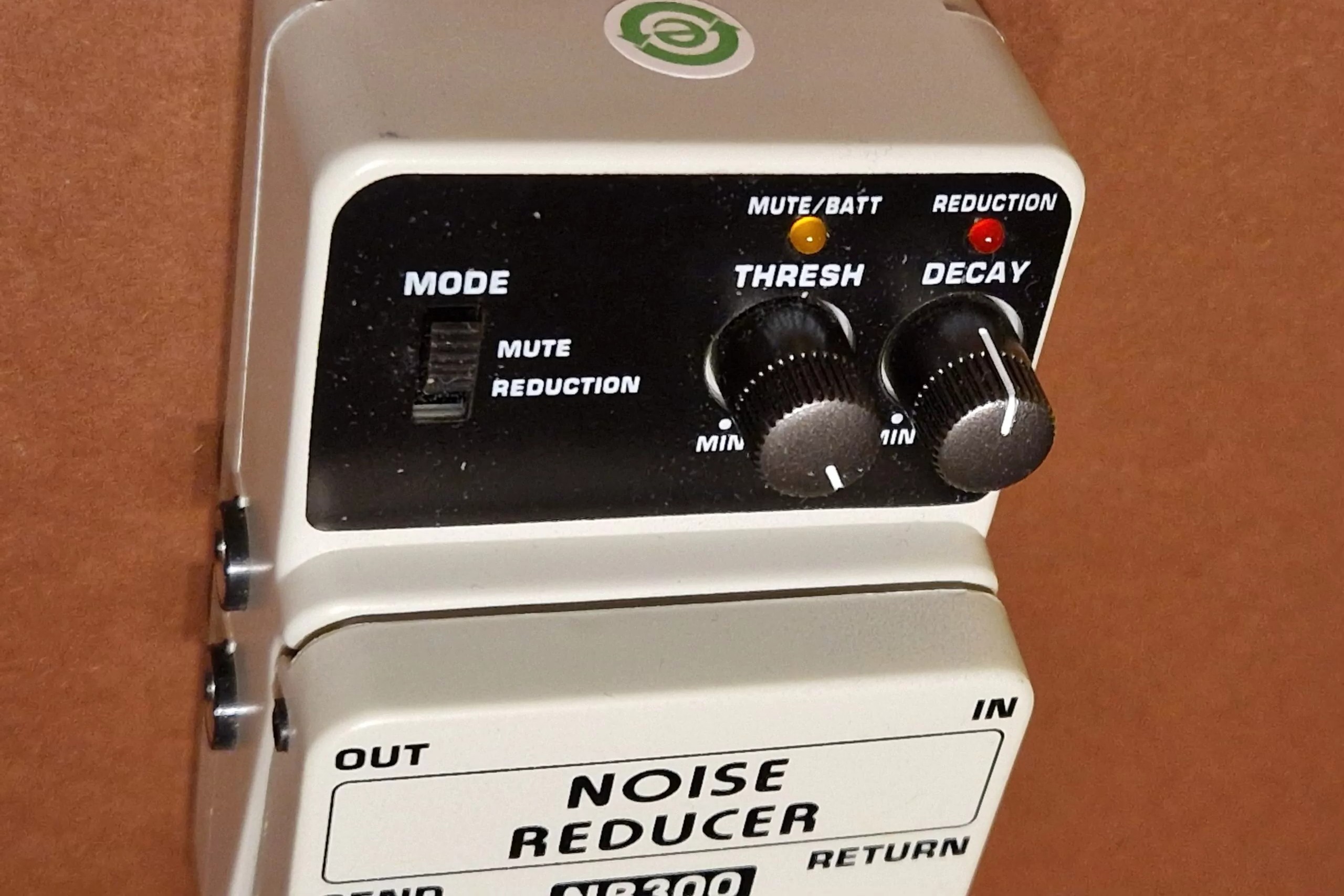
Are you tired of constant noise disrupting your peace? Noise reducers might be the solution you need. These handy devices can help create a quieter environment, whether at home, work, or on the go. But what exactly are noise reducers, and how do they work? In this blog post, we will explore 26 fascinating facts about noise reducers, from their history and types to their benefits and how to choose the right one for your needs. Get ready to dive into the world of noise reduction and discover how these devices can improve your quality of life.
What is a Noise Reducer?
A noise reducer is a device or material designed to minimize unwanted sound. These tools are essential in various settings, from homes to industrial environments. Let's dive into some fascinating facts about noise reducers.
-
Noise reducers can be found in everyday items. For example, carpets and curtains can absorb sound, reducing noise levels in a room.
-
They come in various forms. Noise reducers include earplugs, noise-canceling headphones, and soundproofing materials.
-
Noise reducers improve concentration. By minimizing background noise, these tools help people focus better, especially in noisy environments like offices or schools.
-
They protect hearing. Prolonged exposure to loud noises can damage hearing. Noise reducers help prevent this by lowering sound levels.
-
Noise reducers enhance privacy. In offices or homes, they can prevent conversations from being overheard, ensuring privacy.
How Do Noise Reducers Work?
Understanding the mechanics behind noise reducers can be quite intriguing. They employ various methods to achieve their goal.
-
Absorption is key. Materials like foam and fabric absorb sound waves, reducing noise levels.
-
Diffusion spreads sound. Some noise reducers scatter sound waves, making them less concentrated and quieter.
-
Active noise cancellation uses technology. Devices like noise-canceling headphones use microphones and speakers to create sound waves that cancel out unwanted noise.
-
Mass blocks sound. Heavy materials, such as thick walls or doors, can block sound from passing through.
-
Damping reduces vibrations. Materials that dampen vibrations, like rubber, help reduce noise from machinery or appliances.
Benefits of Using Noise Reducers
Noise reducers offer numerous advantages, making them valuable in various settings.
-
Improved sleep quality. Reducing noise levels can lead to better sleep, which is crucial for overall health.
-
Enhanced productivity. A quieter environment can boost productivity, especially in workplaces.
-
Reduced stress levels. Constant noise can be stressful. Noise reducers help create a more peaceful environment.
-
Better communication. In noisy places, reducing background noise can make conversations clearer and more effective.
-
Increased property value. Homes with good soundproofing can be more attractive to buyers, potentially increasing property value.
Types of Noise Reducers
There are different types of noise reducers, each suited for specific needs and environments.
-
Acoustic panels. These are often used in recording studios and theaters to control sound.
-
Soundproof curtains. Heavy curtains can block out noise from outside, making them ideal for bedrooms or living rooms.
-
Earplugs. Simple yet effective, earplugs are great for blocking out noise in various situations, from concerts to sleeping.
-
Noise-canceling headphones. These are perfect for travelers or anyone needing to focus in a noisy environment.
-
Soundproofing foam. Often used in studios, this foam absorbs sound and reduces echo.
Interesting Facts About Noise Reducers
Here are some lesser-known facts that highlight the versatility and importance of noise reducers.
-
Nature-inspired designs. Some noise reducers mimic natural structures, like honeycombs, to enhance sound absorption.
-
Historical use. Ancient civilizations used thick walls and heavy drapes to reduce noise in buildings.
-
Eco-friendly options. Some noise reducers are made from recycled materials, making them environmentally friendly.
-
Customizable solutions. Noise reducers can be tailored to fit specific needs, such as custom-sized acoustic panels.
-
Innovative materials. Researchers are developing new materials, like aerogels, that offer superior soundproofing.
-
Health benefits. Beyond protecting hearing, noise reducers can lower blood pressure and reduce the risk of heart disease by creating a quieter environment.
Final Thoughts on Noise Reducers
Noise reducers are game-changers for creating peaceful environments. They help reduce unwanted sounds, making spaces more comfortable and productive. Whether you're using them in your home, office, or even outdoors, these devices can significantly improve your quality of life. From simple foam earplugs to advanced noise-canceling headphones, there's a solution for every need and budget.
Understanding the different types of noise reducers and how they work can help you choose the best option for your situation. Remember, a quieter environment isn't just about comfort; it can also benefit your health by reducing stress and improving sleep quality.
So next time you're overwhelmed by noise, consider investing in a noise reducer. Your ears—and your sanity—will thank you.
Was this page helpful?
Our commitment to delivering trustworthy and engaging content is at the heart of what we do. Each fact on our site is contributed by real users like you, bringing a wealth of diverse insights and information. To ensure the highest standards of accuracy and reliability, our dedicated editors meticulously review each submission. This process guarantees that the facts we share are not only fascinating but also credible. Trust in our commitment to quality and authenticity as you explore and learn with us.
